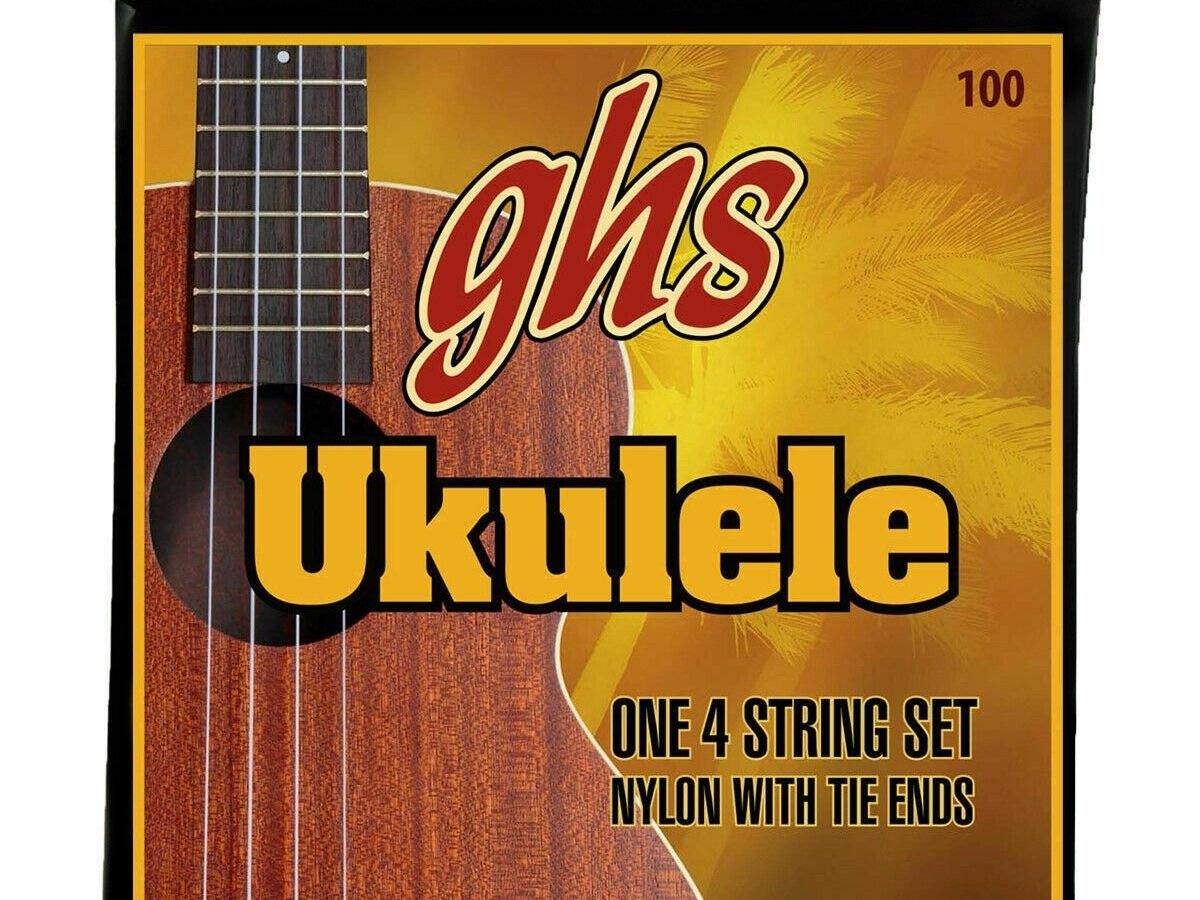
Ukulele Strings & Winders
Helpful Guide To Ukulele Strings
A standard ukulele has four strings and traditionally tuned G-C-E-A so that the open strings sound a C6 chord;
ukulele players sometimes call this C tuning.
UKULELE STRING LENGTHS:
The length of a ukulele’s strings varies depending upon the size of the ukulele. Two numbers matter when selecting strings: the total length and the scale length, which is the distance from the nut to the bridge, or the actual length of string that vibrates when you pluck or strum it.
Soprano ukulele strings are 21 inches long, for a 13-inch scale length.
Concert ukulele strings are 23 inches long, for a 15-inch scale length.
Tenor ukulele strings are 26 inches long, for 17-inch scale length.
Baritone ukulele strings are 30 inches long, for 19-inch scale length.
TYPES OF UKULELE STRINGS:
Nylon strings: Nylon strings produce a warm, mellow tone. They are the modern descendent of traditional gut strings that were made from livestock intestines. If you plan to use your ukulele for strumming gentle Hawaiian music, you'll get the sound you want from nylon strings. Nylon is durable, and it's resistant to humidity. The downside is that it doesn't hold its tuning as well as other string materials.
Fluorocarbon strings: Fluorocarbon strings are very similar to nylon strings, but with a brighter overall tone. A fluorocarbon set of strings may also last longer than its nylon counterpart and be somewhat easier to keep in standard ukulele tuning.
Steel strings: Steel strings are not conventional for ukuleles. In general, they're better suited to musical instruments like the guitar and bass guitar. But if you want a bright, twangy sound from your ukulele—and you want strings that can reliably hold different tunings—steel may be the way to go.
Wound nylon strings: In some ways, wound nylon strings split the difference between traditional nylon and bright steel. These strings have a nylon core that is wrapped with a thin polymer thread. They have a somewhat richer sound than standard strings and are most common on baritone or tenor ukuleles.
Wound metal strings: These strings are similar to wound nylon strings, but with a metal core. They get about as bright as you can without crossing over to steel strings—which may make your ukulele sound more like a guitar.
HOW OFTEN SHOULD YOU CHANGE YOUR STRINGS:
There is no hard and fast rule for how often you should restring your ukulele as it depends, in large part, on how much you play your ukulele.
The more you play your instrument, the quicker its sound quality will diminish.
If you’re playing for hours every day, you would be best served by changing your strings every few weeks.
If you only play your instrument now and again, you can usually get away with changing them every few months.
If you break a single string, it’s usually wise to replace your entire array of strings. There’s no point in throwing on a fresh string with a group of worn-out strings!




